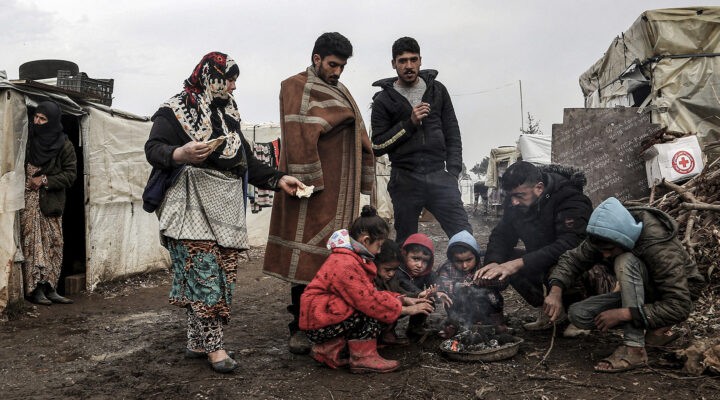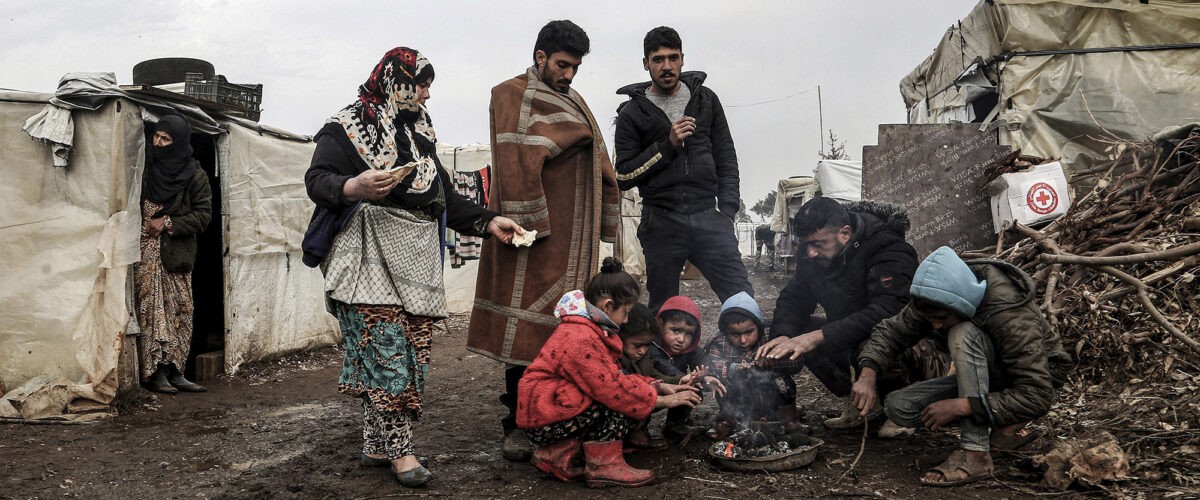Americans must add compassion to their debates about the world’s 26 million refugees, a Jewish leader said during a Feb. 2 webinar hosted by the U.S. Commission on International Religious Freedom.
“The need is urgent for us here in the U.S. to understand the moral crisis that this is,” said Rabbi Rick Jacobs, president of the Union for Reform Judaism and honorary president of Religions for Peace.
“We must feel the pain of refugees and understand there are so many different causes” — including economic, political, ethnic and religious persecution — that have driven them from their communities and nations, he urged.
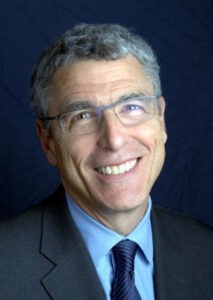
Rick Jacobs
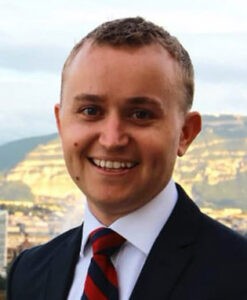
Patrick Wall
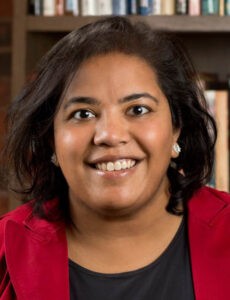
Anurima Bharava
Jacobs spoke during USCIRF’s “Conversation on the Global Compact on Refugees.” The compact is an international plan approved by the United Nations General Assembly in 2018 to address the global surge in refugees and to attempt to curb its systemic causes.
Jacobs was joined on the Zoom event by Patrick Wall, a Geneva-based consultant specializing in global affairs and international law, and USCIRF Chair Nadine Maenza and Commissioner Anurima Bhargava. Dwight Bashir, director of outreach and policy for the commission, served as moderator.
Wall praised the timing of the webcast, explaining that the compact, also known as the GCR, needs all the attention and support it can get in the U.S. and internationally to help the estimated 80 million people who are displaced globally. That number includes people who have fled their homes but remain in their nations, as well as the 1.4 million refugees in need of immediate resettlement and some 4.4 million asylum seekers.
“The global displacement situation continues to deteriorate, and COVID-19 only makes things worse,” said Wall, who participated in crafting the compact.
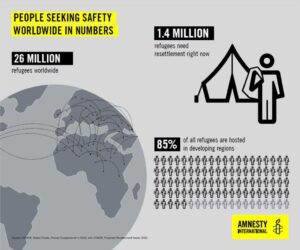 The global migration crisis is clearly impacting the U.S. and other developed nations, but the situations are even more dismal in developing countries “that faced enormous challenges even before refugees arrived,” Wall said.
The global migration crisis is clearly impacting the U.S. and other developed nations, but the situations are even more dismal in developing countries “that faced enormous challenges even before refugees arrived,” Wall said.
In war-ravaged Lebanon, for example, one in every eight persons is now a refugee, compared to the rate of about one in 400 in more developed countries, he explained. “The compact calls for a wide variety of actors, such as NGOs, faith-based organizations and international financial institutions and refugees themselves” to assist in reversing these worsening trends.
The GCR is overseen by the United Nations High Commission on Refugees as an effort to enlist international organizations, governments and other stakeholders to support refugees and help them lead productive lives.
“It constitutes a unique opportunity to transform the way the world responds to refugee situations, benefiting both refugees and the communities that host them,” UNCHR said online.
The goals are to ease pressure on nations hosting refugees, to boost the self-reliance of refugees, to expand the number of nations that accept refugees and to attempt to improve political, economic and religious conditions in the nations from which millions have fled, the agency said.

Nadine Maenza
Maenza said the Biden administration has taken steps related to the compact, including raising the U.S. refugee admissions ceiling from 15,000 under Donald Trump for 2021, to 125,000 for the current fiscal year.
The administration also participated in high-level, comprehensive refugee response talks with the U.N. and other nations in December and is seeking to implement public-private partnerships to expedite the resettlement of Afghan refugees already in the U.S., she said.
Bhargava added that the Trump administration’s low refugee resettlement caps were especially challenging to those facing religious persecution because they often are no safer in neighboring countries than in their own.
But Jacobs said religious communities cannot leave the solution only to the U.S. and foreign governments and to global financial institutions. American faith-based organizations must also support the effort.
“Start locally,” he urged. “Part of the mission of a religious community is to do this work locally,” Include the plight of refugees and immigrants in liturgical expressions and textual studies, he advised, “and from there it radiates out.”
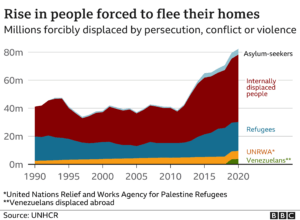 People of faith needn’t look far for the motivation for this response, Jacobs said. Religions may differ in their sacred texts and observances, but most share in their traditions “a place for the refugee, the other, the migrant, the stranger. There is a common teaching that this is one of the obligations of religious life.”
People of faith needn’t look far for the motivation for this response, Jacobs said. Religions may differ in their sacred texts and observances, but most share in their traditions “a place for the refugee, the other, the migrant, the stranger. There is a common teaching that this is one of the obligations of religious life.”
Yet those who take on the challenge will have their work cut out for them, he added. “There has become this global rhetoric of demonization of refugees that is corrosive, and it affects every part of this experience. Unfortunately, some of that has emanated from the United States.”
And this calling has no room for religiously motivated differences, Jacobs said. “Faith-based organizations are in the best position to approach refugees with faith sensitivity. … There can’t be exceptions as to whose religious freedom and whose rights we are going to stand up for.”
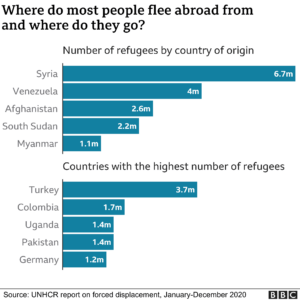
Related articles:
Broad support for helping Afghan refugees does not uniformly extend to all refugees
Faith leaders call on Americans to ‘welcome the stranger’ as Biden administration announces new refugee admissions cap| Opinion by Chris Kelley
Refugee resettlement expected to rebound, but the pipeline is broken

